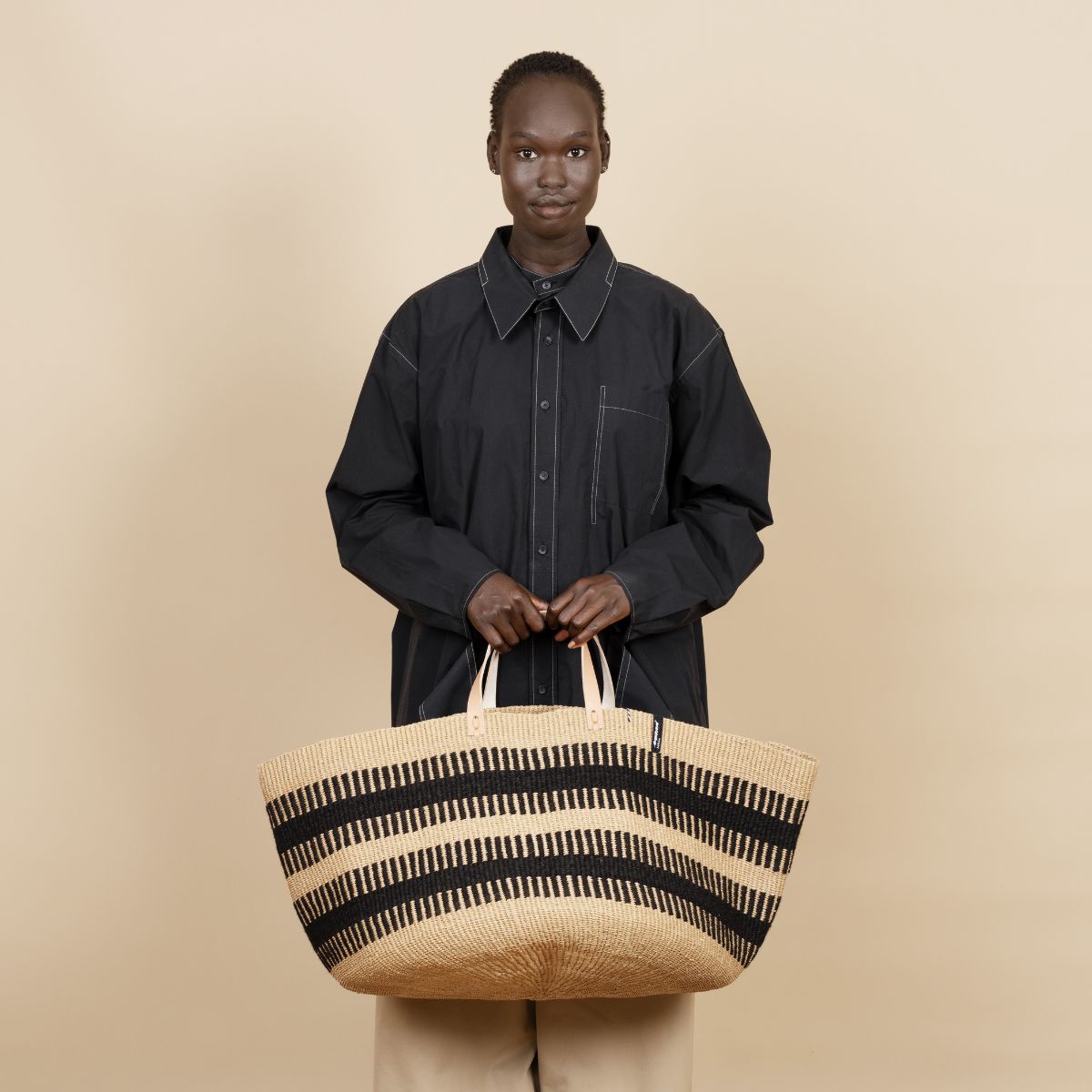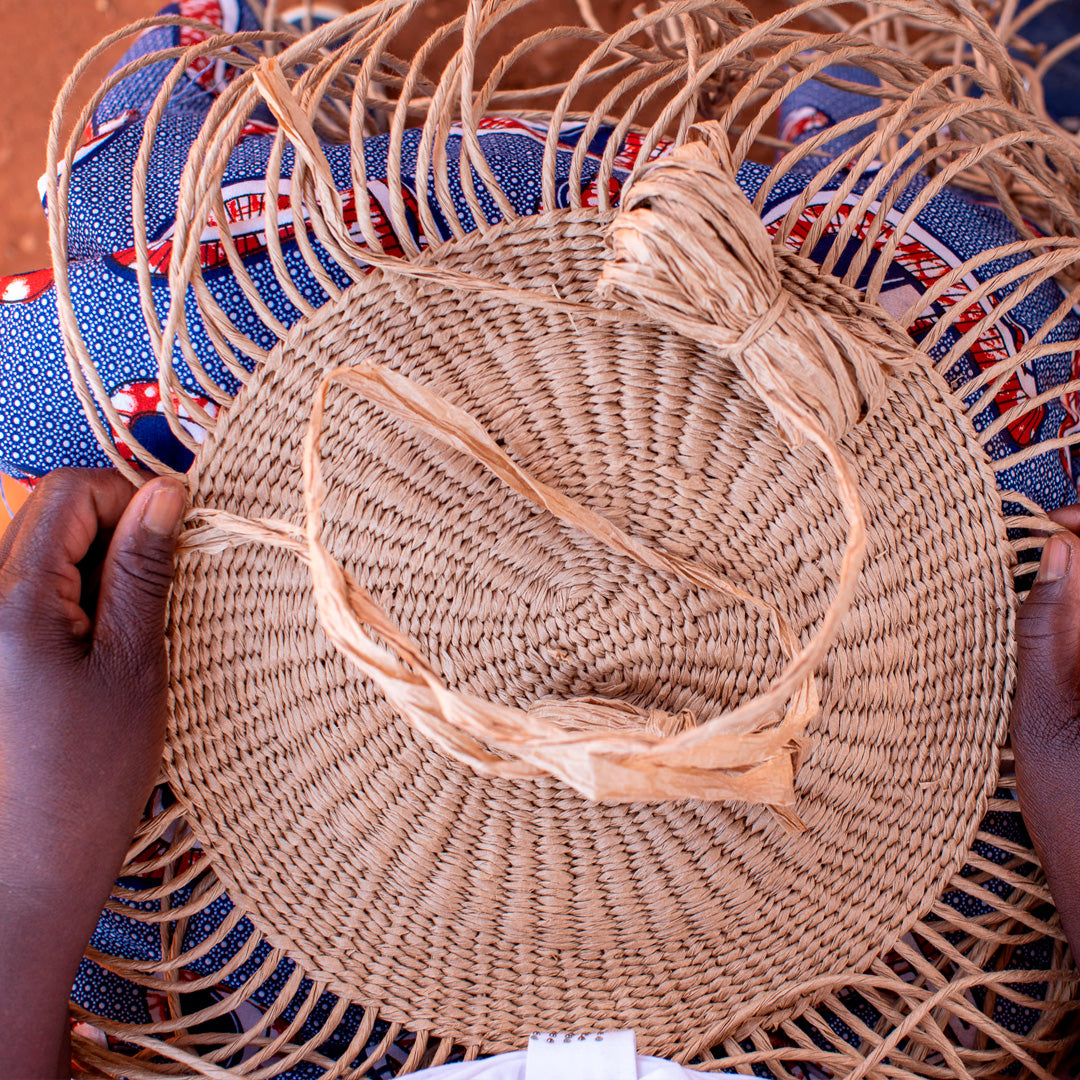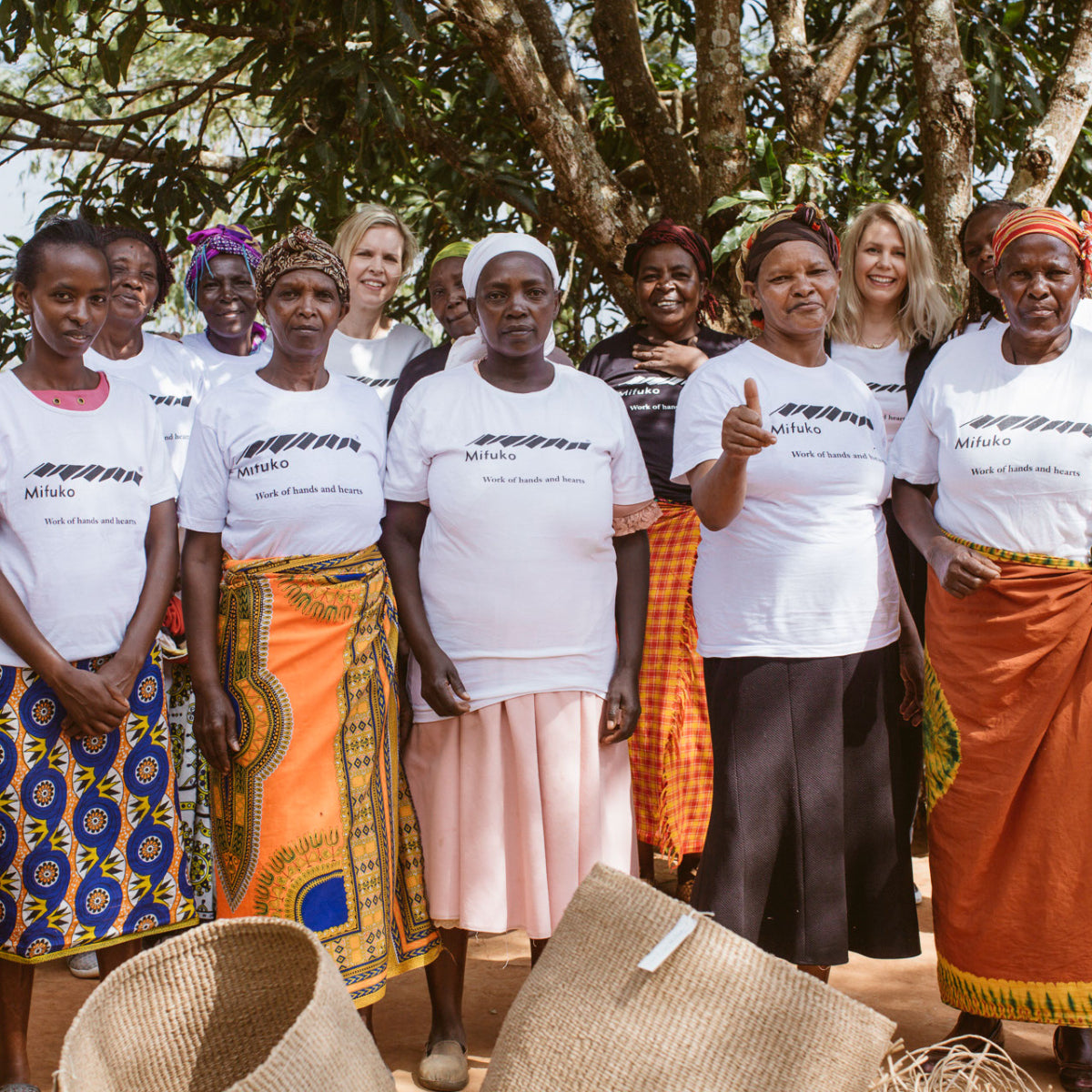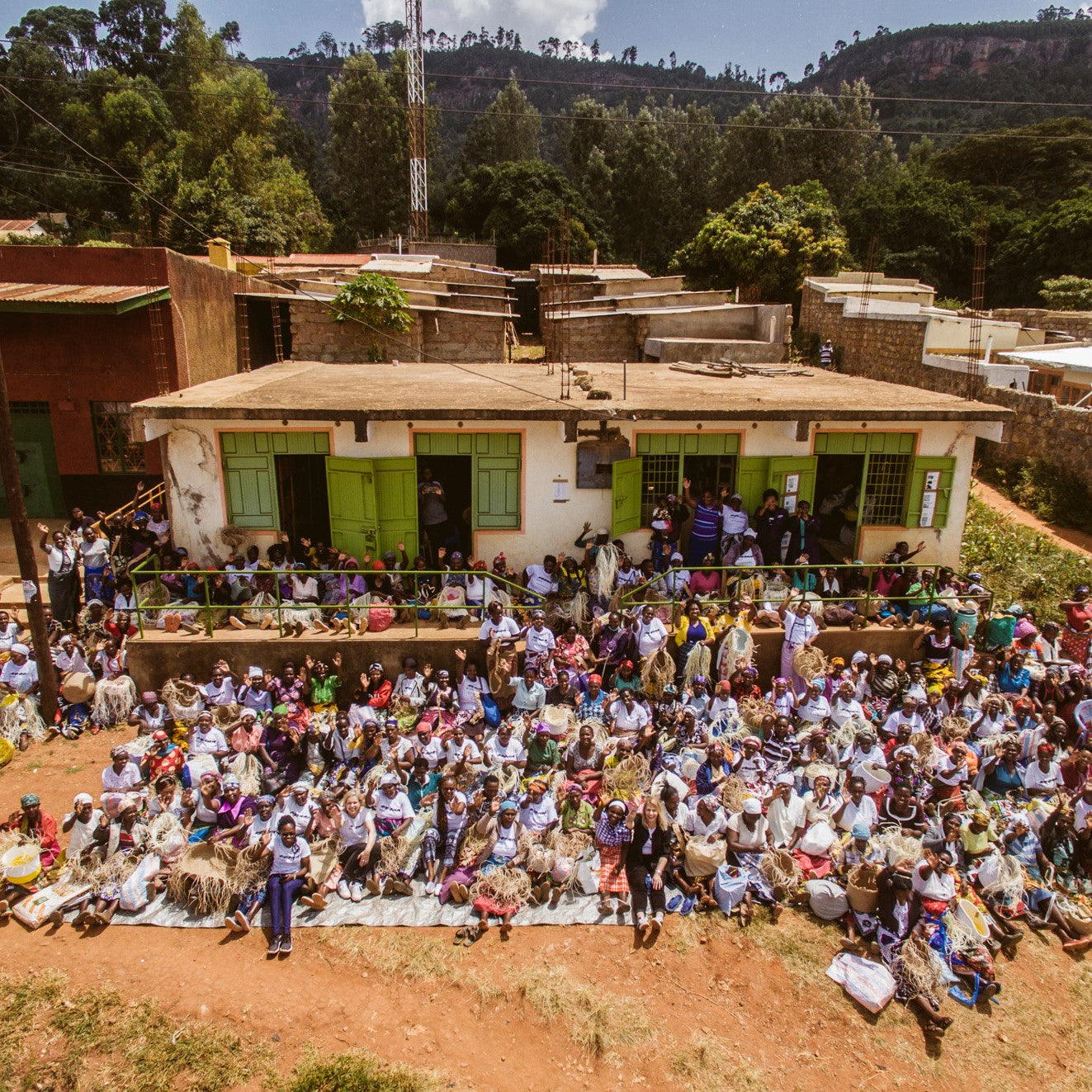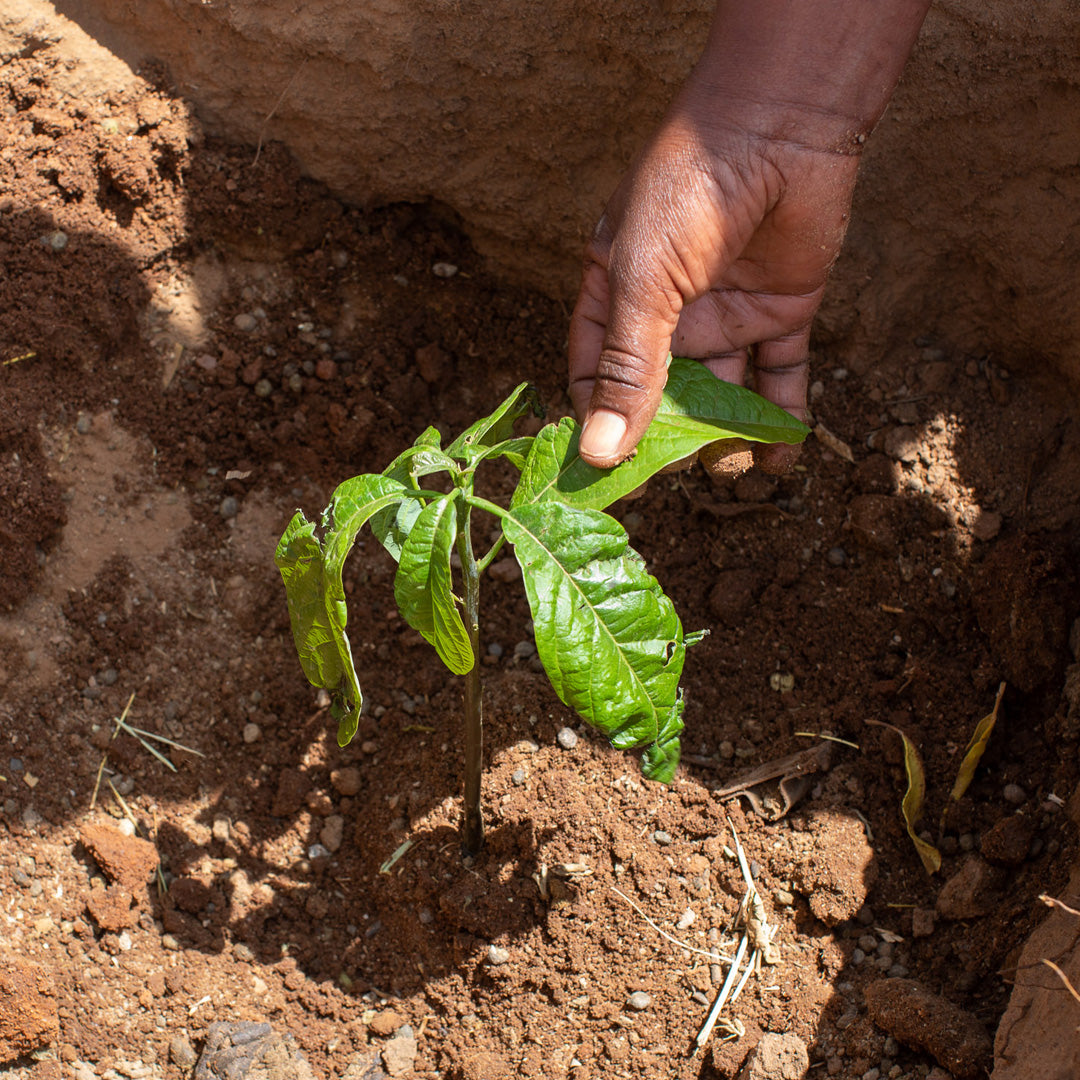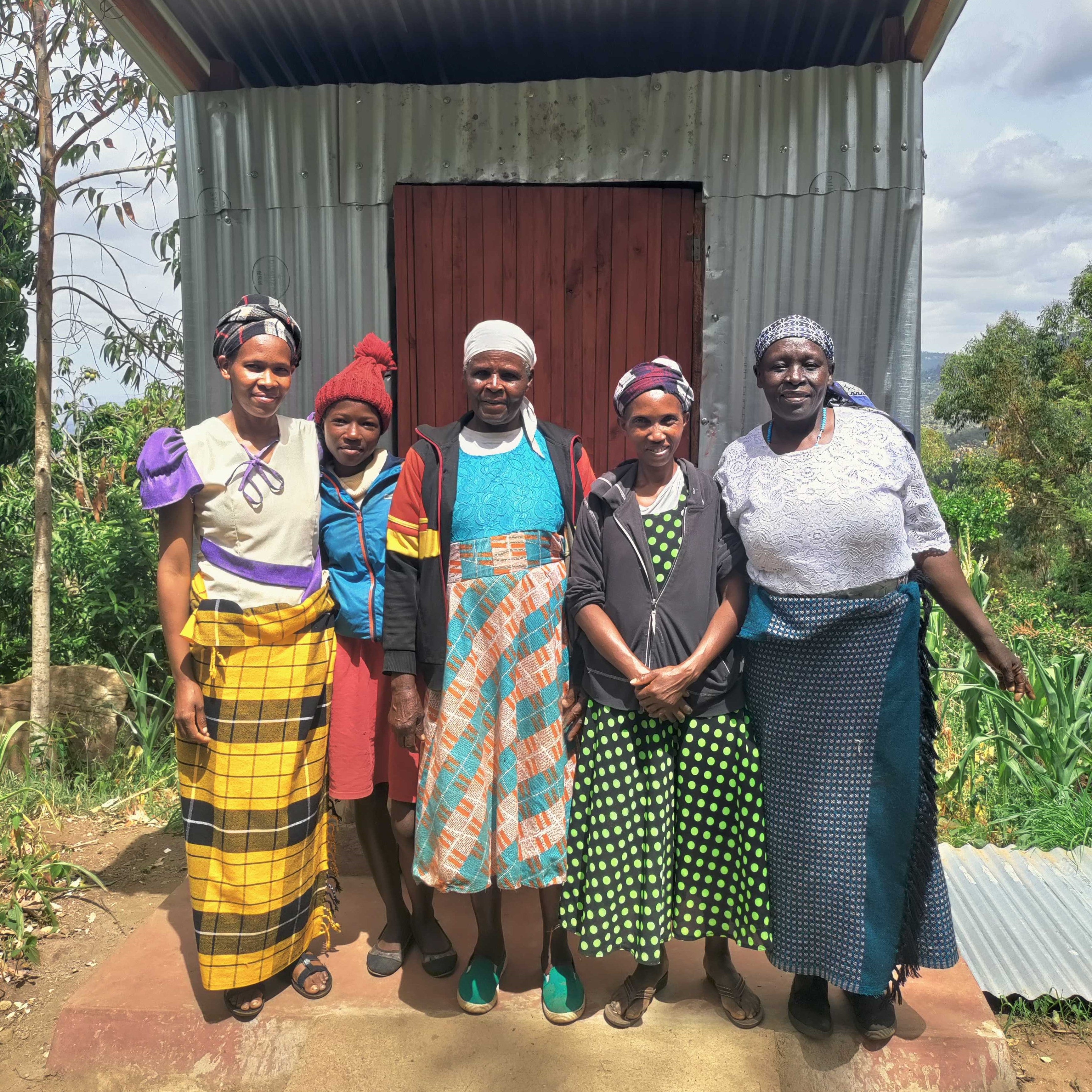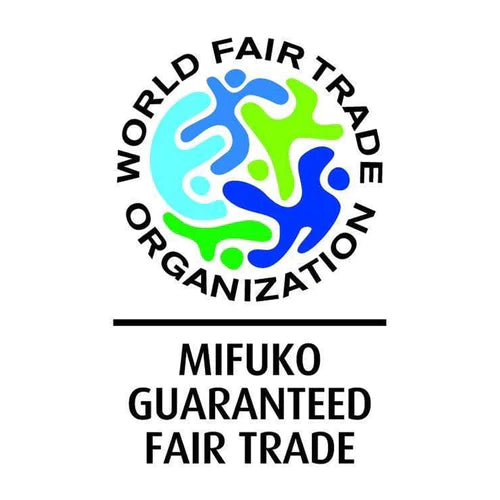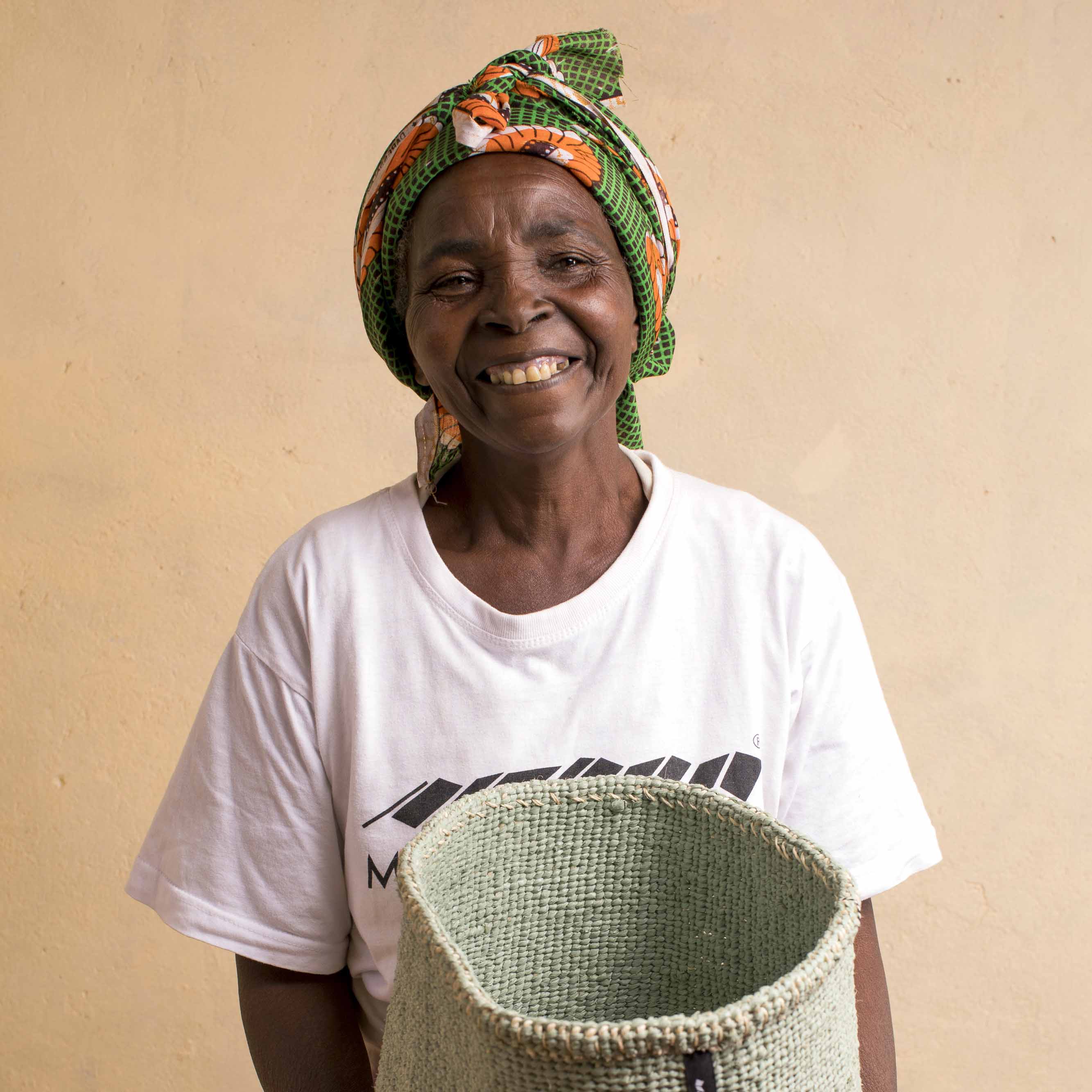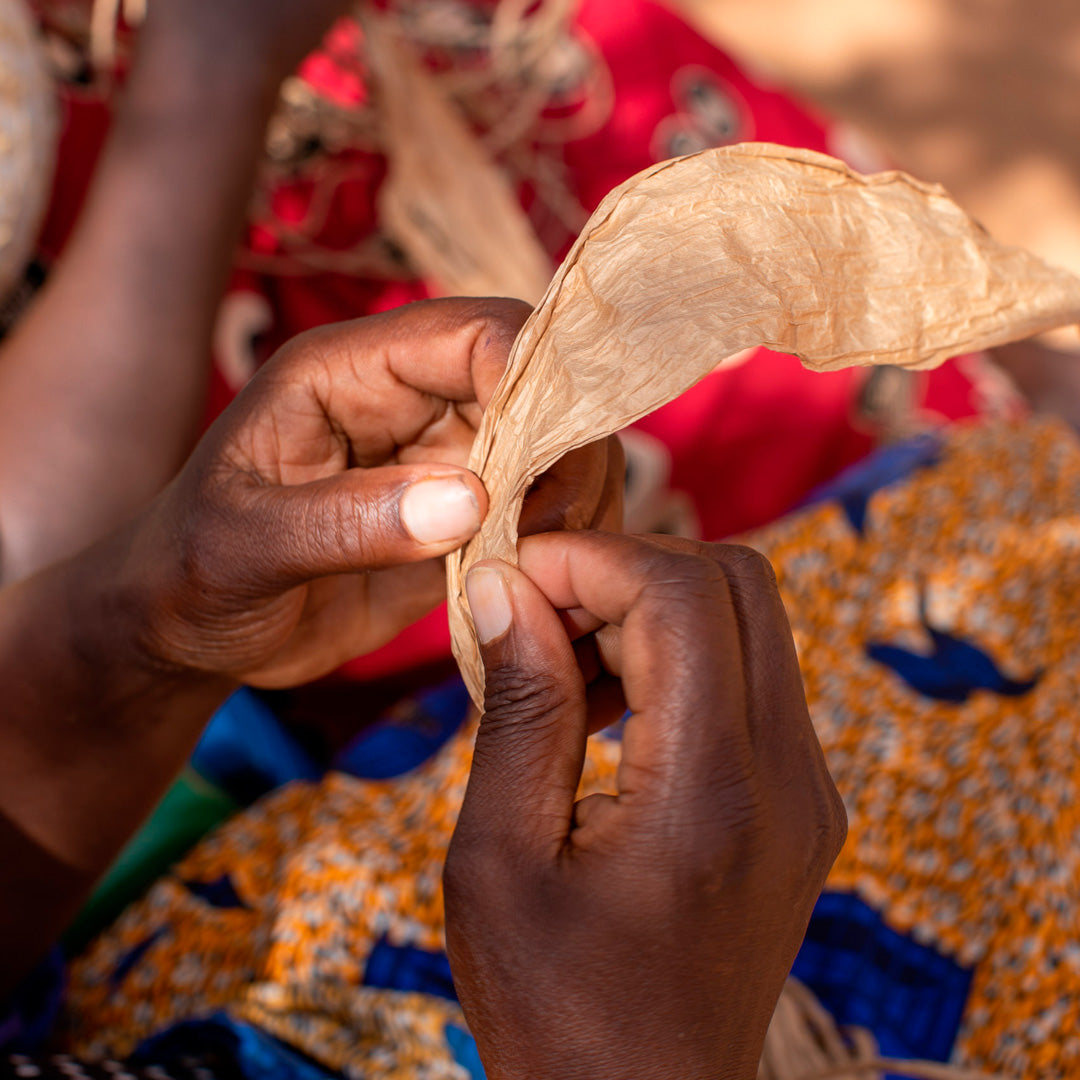Author Henrik Suikkanen
As the first volunteer worker for our Wash and Grow! project, in this blog Henrik shares his insights as well as his thoughts on the necessity and importance of the project.
AIMS AND CREATING A WORKPLAN
With a university education in Economics and a background in consulting and sales, I’ve worked on a variety of projects in Finland and Northern Europe that aim to make the construction industry, cities, and infrastructure more sustainable. To develop a deeper understanding of these challenges globally, I wanted to broaden my perspective. Sub-Saharan Africa, and more precisely Kenya, is of great interest as I believe this region will have a major impact on the future of the planet ecologically, socially, and economically.
I was immediately interested when I heard about the opportunity to volunteer for Wash & Grow! through Aalto University’s Creative Sustainability programme. The project is a clear link to very important challenges such as food security, health, equality, and economic empowerment. This project also has a concrete grassroots impact.
The Wash and Grow! project was very well-planned from the start. I began by familiarizing myself with relevant documents and getting to know the project teams in Finland and Kenya in advance of my arrival in Kenya. Based on initial discussions, I created a draft work plan and identified the potential value I could bring to the project. I also paid special attention to the core principles of the concept, supply chain and the impact on the lives of the beneficiaries.
The workplan was discussed and revised with the core team before my arrival in September. When I arrived in Makueni, the workplan was adjusted to reflect the current priorities. My work period in the field was just over a week, which turned out to be quite short! About half the time I was there I went out on field visits, which was a very important part of the orientation.

NECESSITY OF ECOLOGICAL SANITATION
Poor sanitation is linked to many problems that people face every day in Makueni. According to WHO, “poor sanitation reduces human well-being, social and economic development due to impacts such as anxiety, risk of sexual assault, and lost educational opportunities. Diseases like diarrhea, hepatitis A and polio are ongoing challenges.”
Pit latrines as shown in the photo (photo) are still very common in the area. One of my many ahaa-moments was that solutions to improve the situation can be very practical and don’t require sophisticated imported technology. For example, a major cause of smell and disease spreading flies is that excrement and urine are mixed, and the toilets are difficult to wash. Having separate chambers for urine and excrement greatly reduces the smell, and building the toilet on a platform helps it withstand washing with water.
Another key challenge is lack of personal privacy and unhygienic conditions, increasing women-specific challenges related to menstruation and personal safety. Having appropriate structures such as divided shower and toilet facilities immediately improved the situation. Moreover, a toilet built on a solid structure does not collapse and therefore does not create hazardous, contaminated land like pit latrines. Tackling food security issues was also an important part of the project; the design that allows switching the excrement chambers, enables a natural composting process that also produces organic fertilizers that increase yields.
KEYS TO A SUCCESFUL PROJECT
- Create a work plan that is a combination of applying existing skills and learning new ones. Volunteering is a lot about learning but it’s also mutually rewarding if you can bring value by applying your existing skills.
- Be adaptable. You need to be ready to continuously adapt to new schedules and situations and figure out as you go how to make a concrete contribution.
- Be sure to take time for reflection and documentation of the day’s activities every day. Summarizing your key learnings as well as reviewing and revising the agenda with the team will help you to learn faster and stay aligned with the priorities.
VOLUNTEERING CAN BE A MUTUALLY BENEFICIAL EXPERIENCE
It was very rewarding for me to contribute to the Wash & Grow! project. With ambitious targets and very limited resources, I believe my work was well received and appreciated.
WASH & GROW! PROJECT
The aim of Mifuko Trust’s Wash & Grow! project is to build 26 ecological dry toilets in selected homesteads in Makueni, Kenya during 2021–22. You can read more about the project in our previous blog and here you can find the project description. We warmly welcome all donations!
Our next blog will tell more about the benefits of volunteer work, stay tuned!


